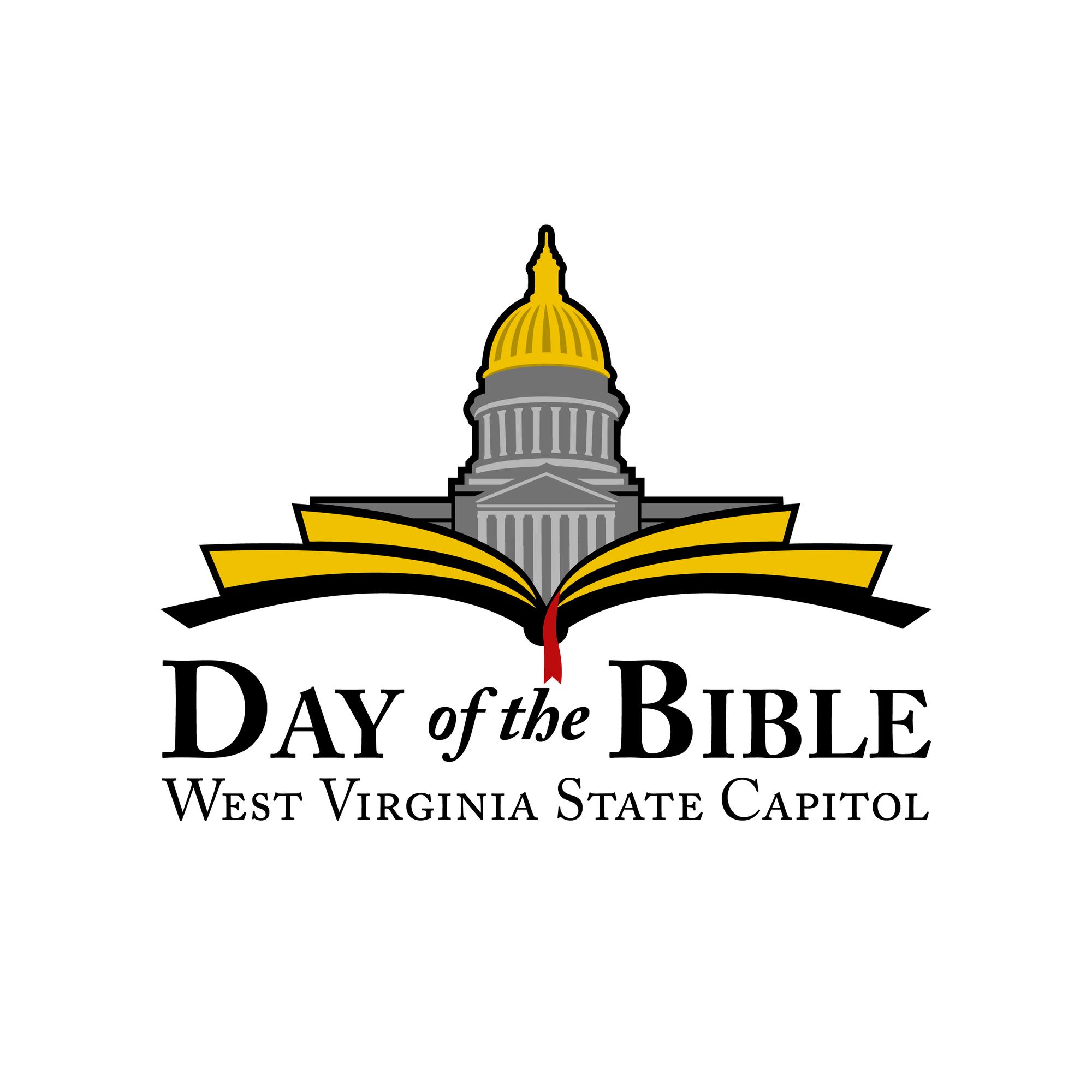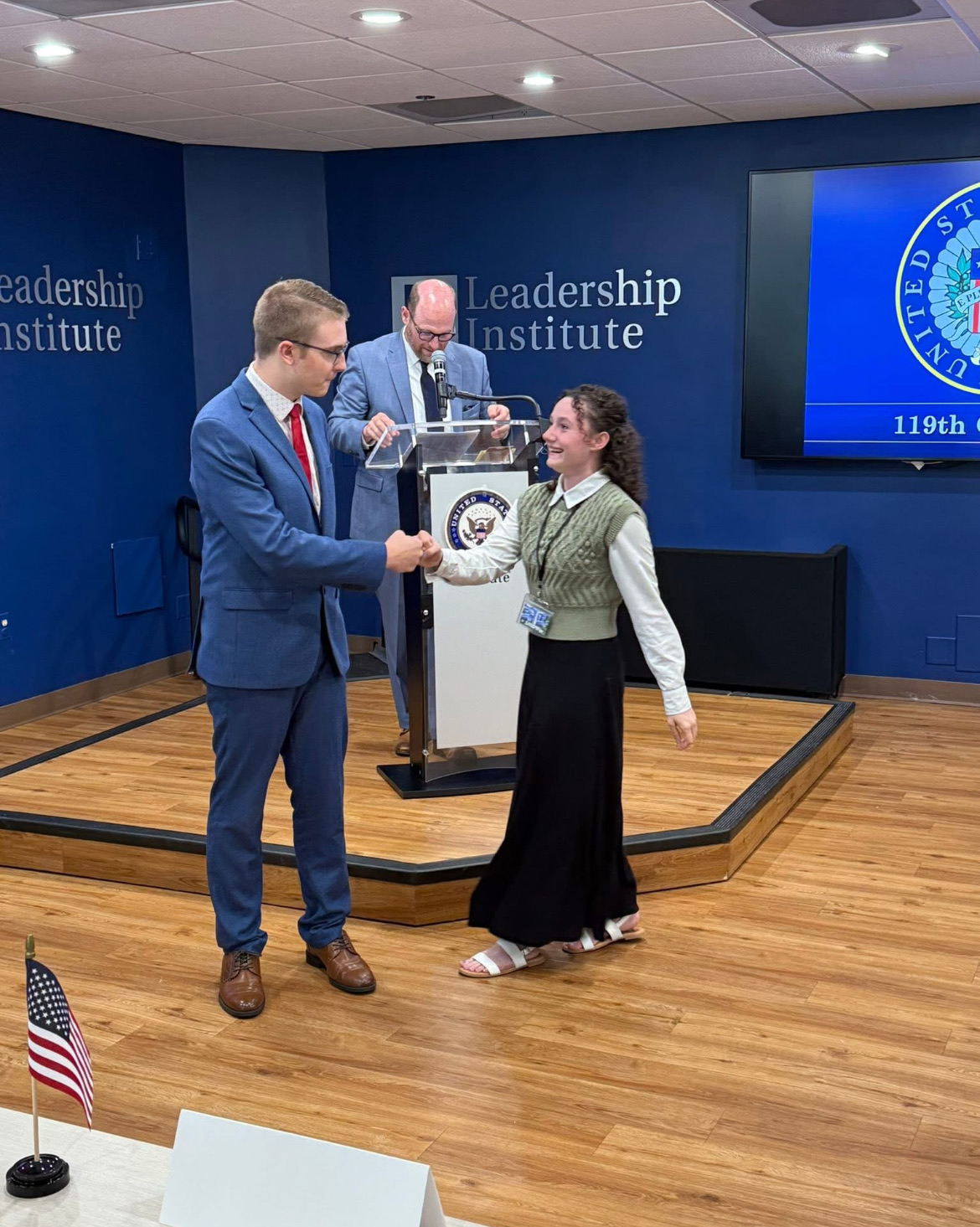Boaz
A Pillar of Leadership

Have you ever made a purchase you later regretted? Not just an overpriced meal or a car that wasn’t worth the deal, but one of those “too good to be true” items—something promising to build muscle, lose weight, or bring a long-lost shine back to your car. Products like ShamWow, the Gazelle, or the most loved OxiClean!
We’ve all seen the infomercials. The exaggerated demonstrations. The guarantees rarely get cashed in. Gimmicks have been around for centuries—even in biblical times. Leah lured Rachel with mandrakes, an herb thought to promote fertility. Deception is nothing new; it thrives in business, politics, and even personal relationships. However, the opposite of deception is integrity, and nowhere is integrity more important than in leadership.
Boaz: A Leader of Integrity
Leadership is often defined by power, influence, or success. The world tells us that great leaders command attention, demand results, and leave their mark. But biblical leadership looks different. It’s not about status—it’s about service. It’s not about control—it’s about character. One of the greatest, yet often overlooked, leaders in Scripture is Boaz.
Boaz wasn’t a king, prophet, or warrior. He was a businessman and landowner, yet he exemplified godly leadership. His leadership wasn’t flashy, but it was faithful. It wasn’t about personal gain but about a godly impact. So, what made Boaz a leader worth emulating?
1) Boaz Was a Godly Man
Boaz lived in a time when “everyone did what was right in their own eyes” (Judges 21:25). In a culture that had abandoned God, Boaz remained steadfast. He started his business meetings with God’s blessing (Ruth 2:4). He put God first in his work and daily life, embodying Matthew 6:33: “But seek ye first the kingdom of God, and his righteousness; and all these things shall be added unto you.”
For leaders today, this is a crucial question: How much of your workday do you involve God in? Is faith just a Sunday matter, or does it shape how you lead, work, and interact with others throughout the week?
2) Boaz Was Aware of Others
Leadership can be lonely. Studies show that many CEOs and world leaders struggle with isolation. The higher you go, the fewer people truly understand your burdens. But Boaz was different—he was in touch with the people around him.
He noticed Ruth gleaning in his fields. He paid attention to the needs of the poor, treating them with dignity. In a time when the rich built walls to separate themselves from the lower class, Boaz opened his fields and his home. Proverbs 29:7 says, “The righteous considereth the cause of the poor: but the wicked regardeth not to know it.” Boaz lived this out.
True leadership means seeing beyond your own concerns. It means paying attention to those who work for you, with you, and around you.
3) Boaz Was Generous
Boaz didn’t just acknowledge Ruth—he provided for her. He instructed his workers to leave extra grain for her. Even in his proposal to Ruth, he ensured she had enough to take home to Naomi (Ruth 3:15). His generosity wasn’t just financial; it extended to his time, resources, and influence.
Leadership is not about accumulating wealth or power; it’s about stewardship. Leaders who give—whether through mentorship, encouragement, or resources—build others up and create lasting impact.

4) Boaz Was a Man of Integrity
Integrity is not just about honesty—it’s about consistency. Boaz lived out his faith in both public and private. He followed the law in redeeming Ruth, refusing to cut corners even when it would have been easier.
Many leaders fall not because of one big mistake but because of small compromises that add up over time. A little dishonesty in business, a small ethical lapse, a willingness to blur the lines—these erode integrity and, eventually, credibility. Boaz reminds us that true leadership requires standing firm in what is right, even when no one is watching.
5) Boaz Left a Legacy
Boaz’s leadership didn’t just impact his time—it shaped history. His faithfulness led to his marriage with Ruth, and together, they became the great-grandparents of King David. Generations later, Solomon named one of the pillars of the temple “Boaz” (1 Kings 7:21), symbolizing strength and stability in honor of his great-great-grandfather.
A leader’s greatest measure of success is not their personal achievements but the leaders they develop and the legacy they leave behind. Leadership is not about self-promotion but about investment in others.
What Kind of Leader Are You?
Boaz shows us that leadership isn’t about titles or prestige—it’s about faithfulness, awareness, generosity, integrity, and legacy. Whether you lead in business, ministry, or your home, the question remains: Are you leading in a way that honors God and serves others?
Great leaders don’t just build organizations. They build people. They don’t just make a name for themselves. They make a difference. Like Boaz, let’s lead in a way that lasts.

Treg Spicer
Treg Spicer is the Senior Pastor of Faith Baptist Church in Morgantown, West Virginia. He also hosts the Art of the Assistant Podcast. You can find more of Treg's content at his website, tregspicer.com.















